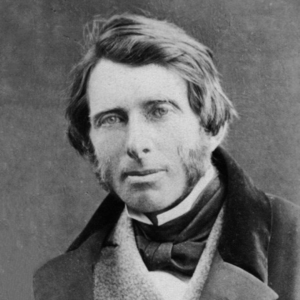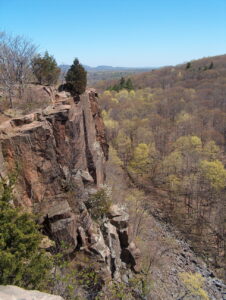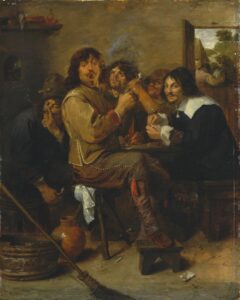At the tender age of 14, John Ruskin (1819-1900) recorded his first view of the Swiss Alps at sunset: “the seen walls of lost Eden could not have been more beautiful…” and he went on: “It is not possible to imagine, in any time of the worlds, a more blessed entrance into life, for a child of such a temperament as mine. “
He went on to become the preeminent Victorian critic of art and society He wrote five volumes about painter J.M.W. Turner: MODERN PAINTERS discussing the problem of truth in art and the ultimate importance of imagination.
Ruskin also wrote THE STONE OF VENICE, a famous tribute to Gothic architecture in that beloved Italian City: “The best architecture is the expression of the mind of manhood by the hands of childhood …the difference between the spirit of touch of the man who is inventing, and of the man who is obeying directions, is often all the difference between a great and a common work of art.” Ruskin celebrated when individual workers could express themselves truly: the pre-industrialization Age. He favored Gothic Architecture but not merely imitations of its mannerisms, but the authentic kind that emanates from what he called “work-pleasure” imbued with a satisfying sense of craftsmanship and individual striving.
Later in life, Ruskin merged his concerns with the pernicious effects of unmediated industrialization with his interest in labor economics. He called for employers to uphold their responsibilities to their workers, and for government and business interests to protect the environment from pollution. Ruskin is a venerated figure to many artists/social critics among whom are DH Lawrence, George Bernard Shaw, William Morris, and the founders of the modern British Labor Party.
STILL HERE.
One of the most famous Tongva was Toypurina, a medicine woman who led a revolt against the Spanish in 1785



